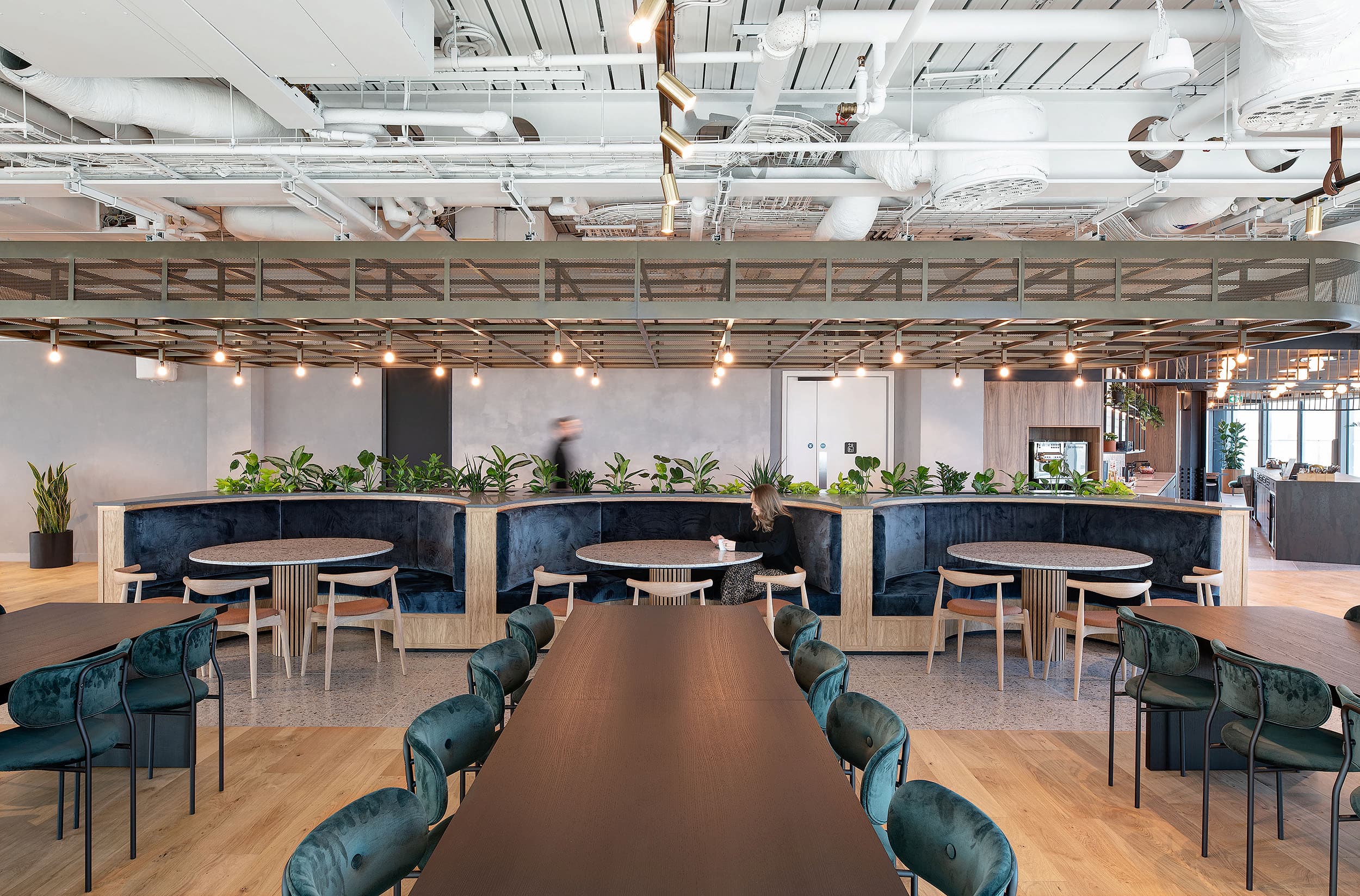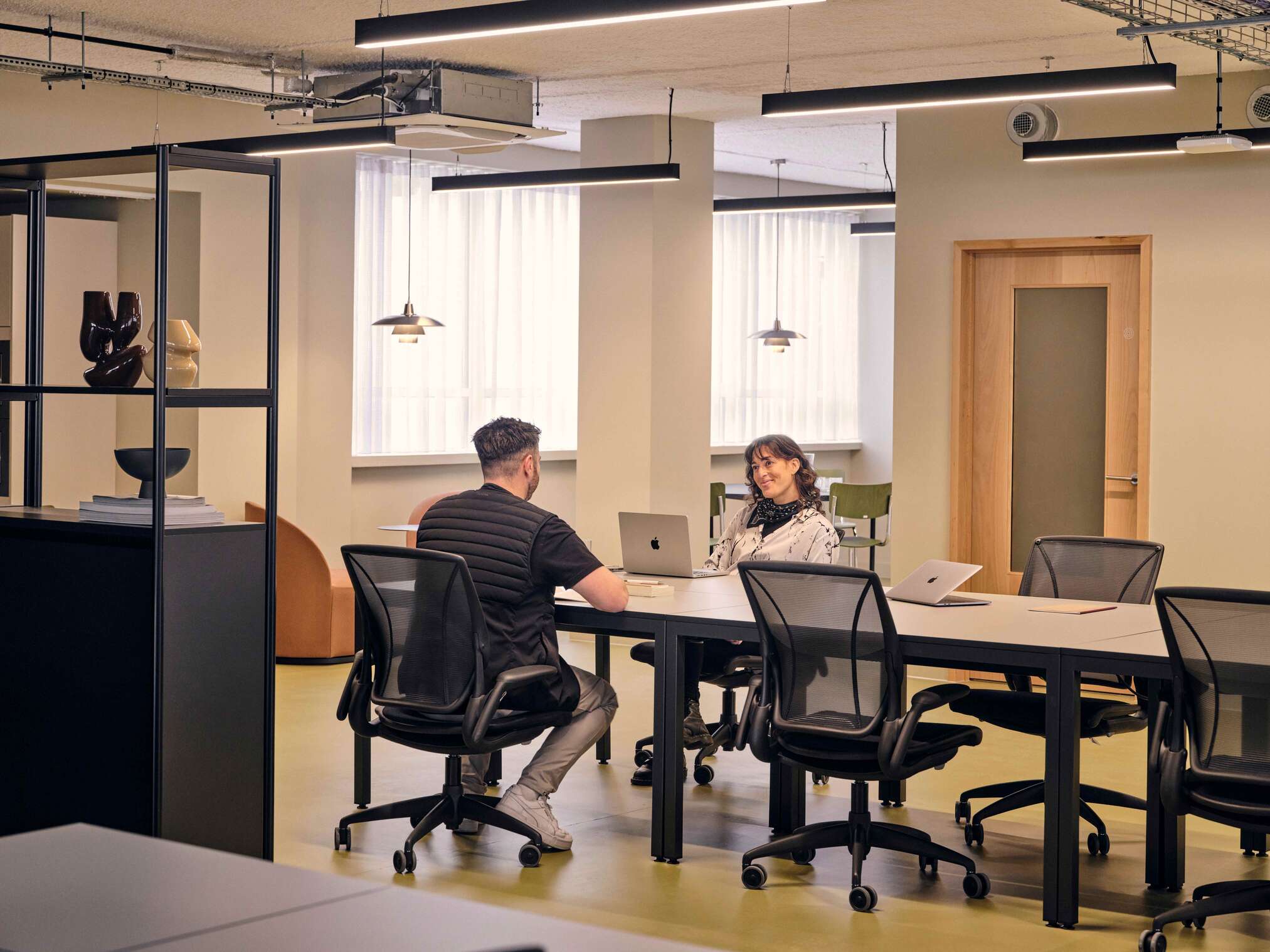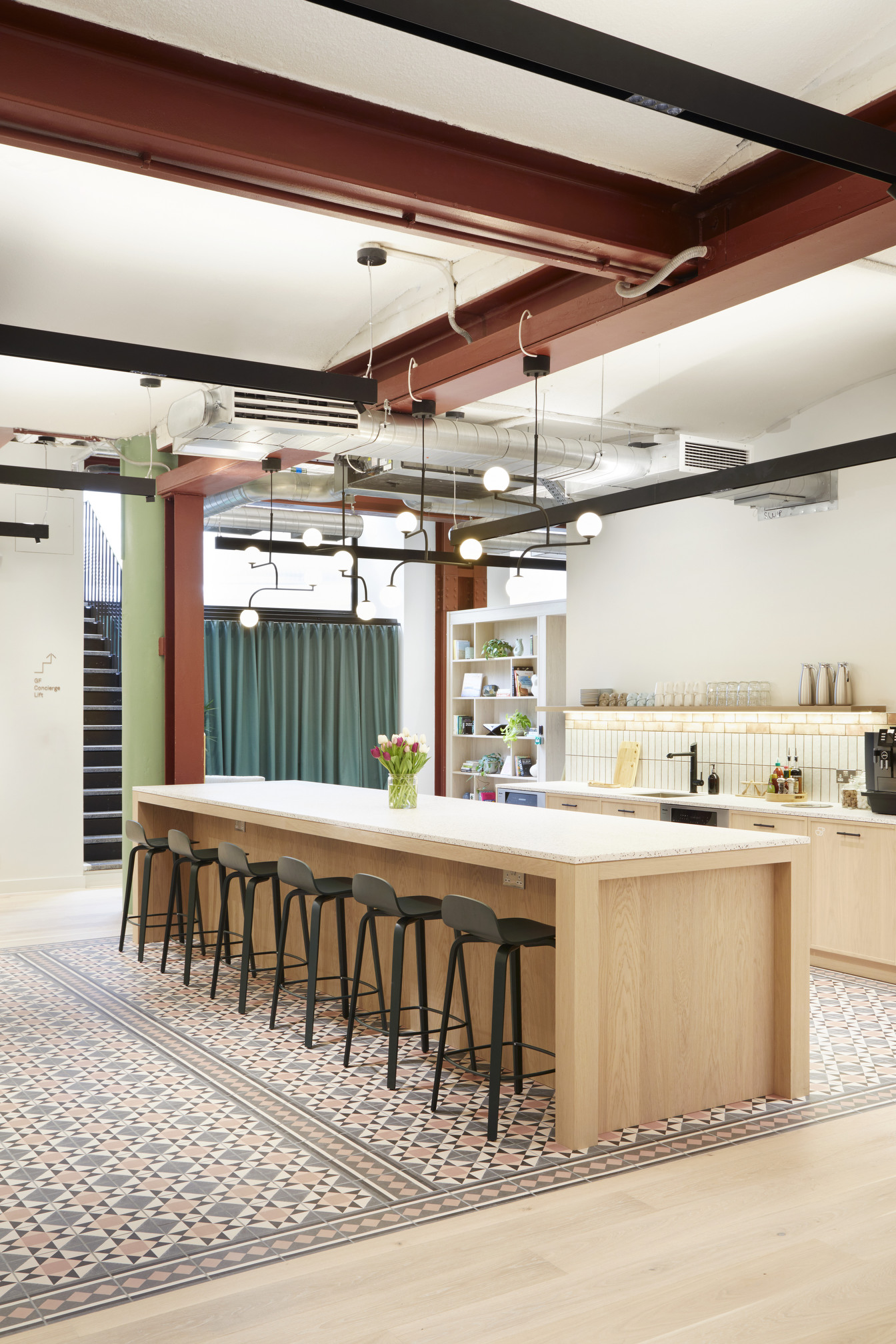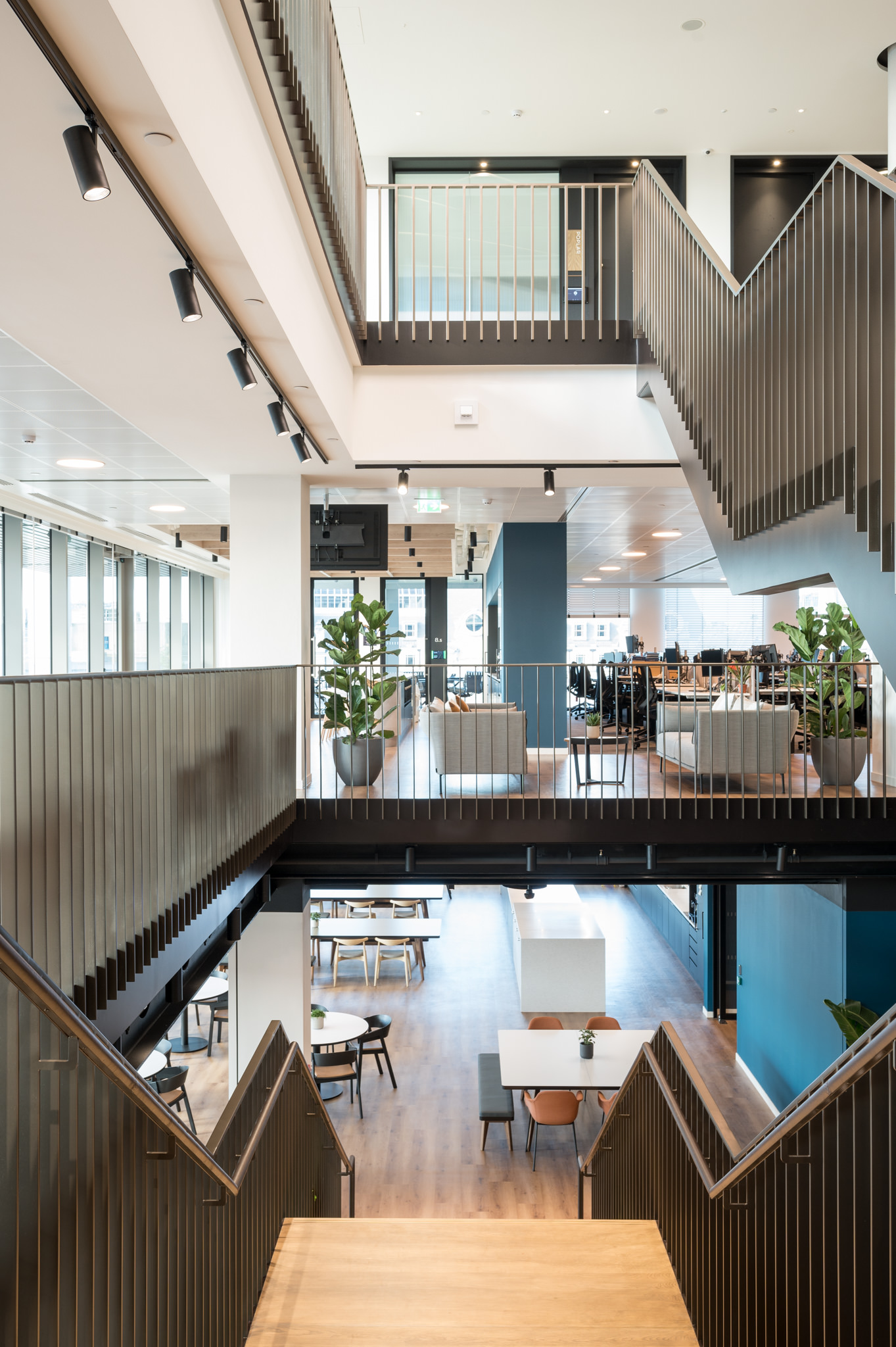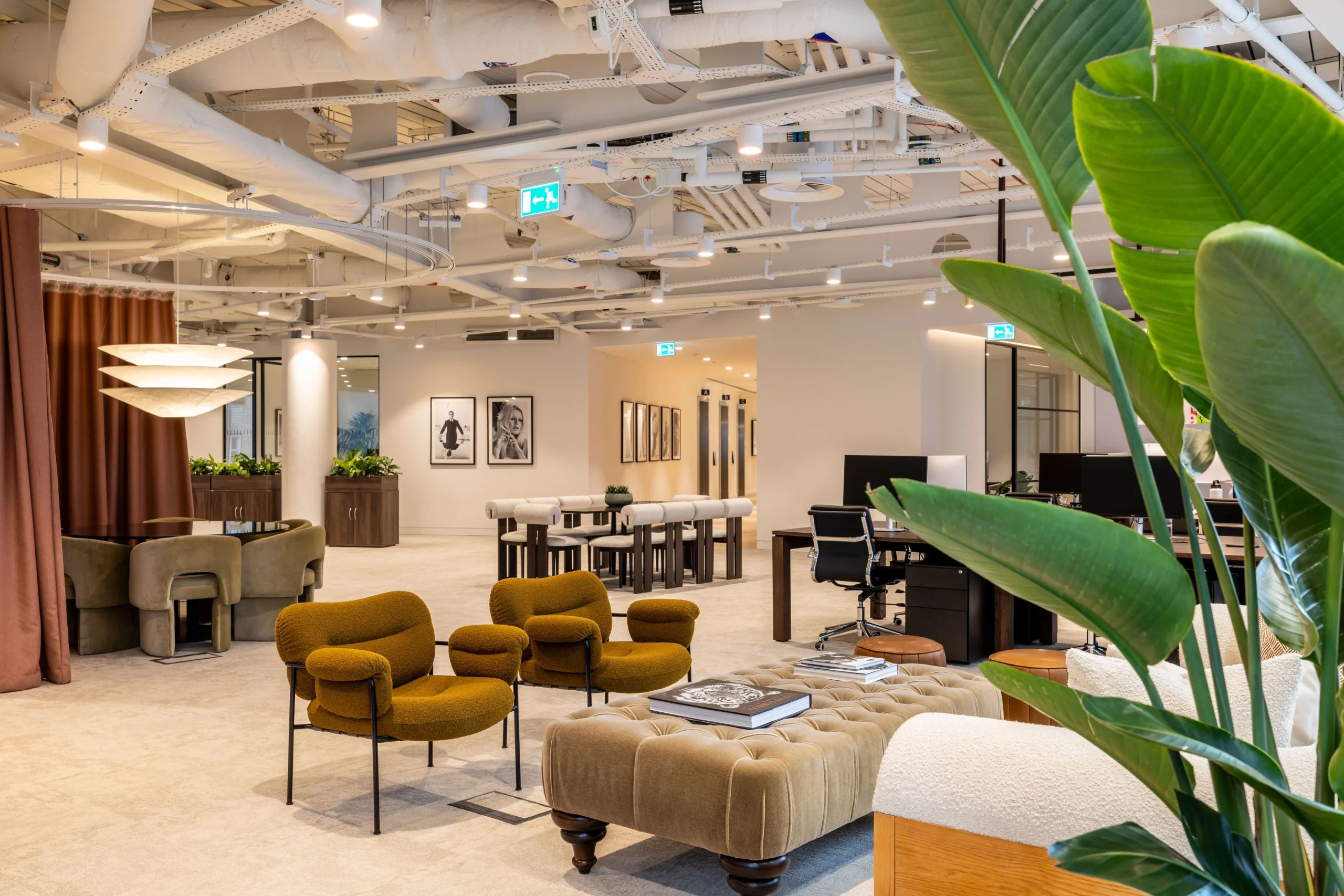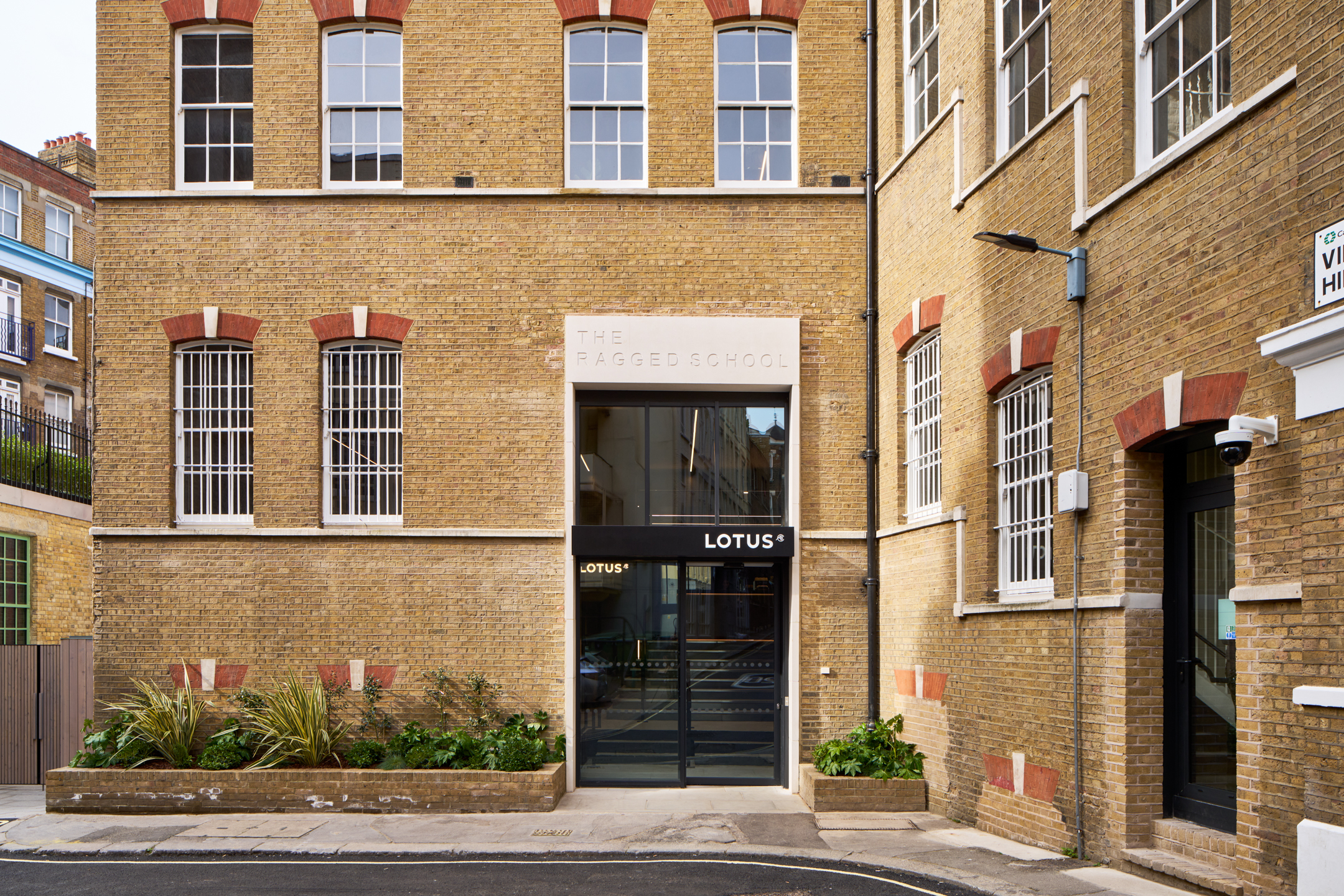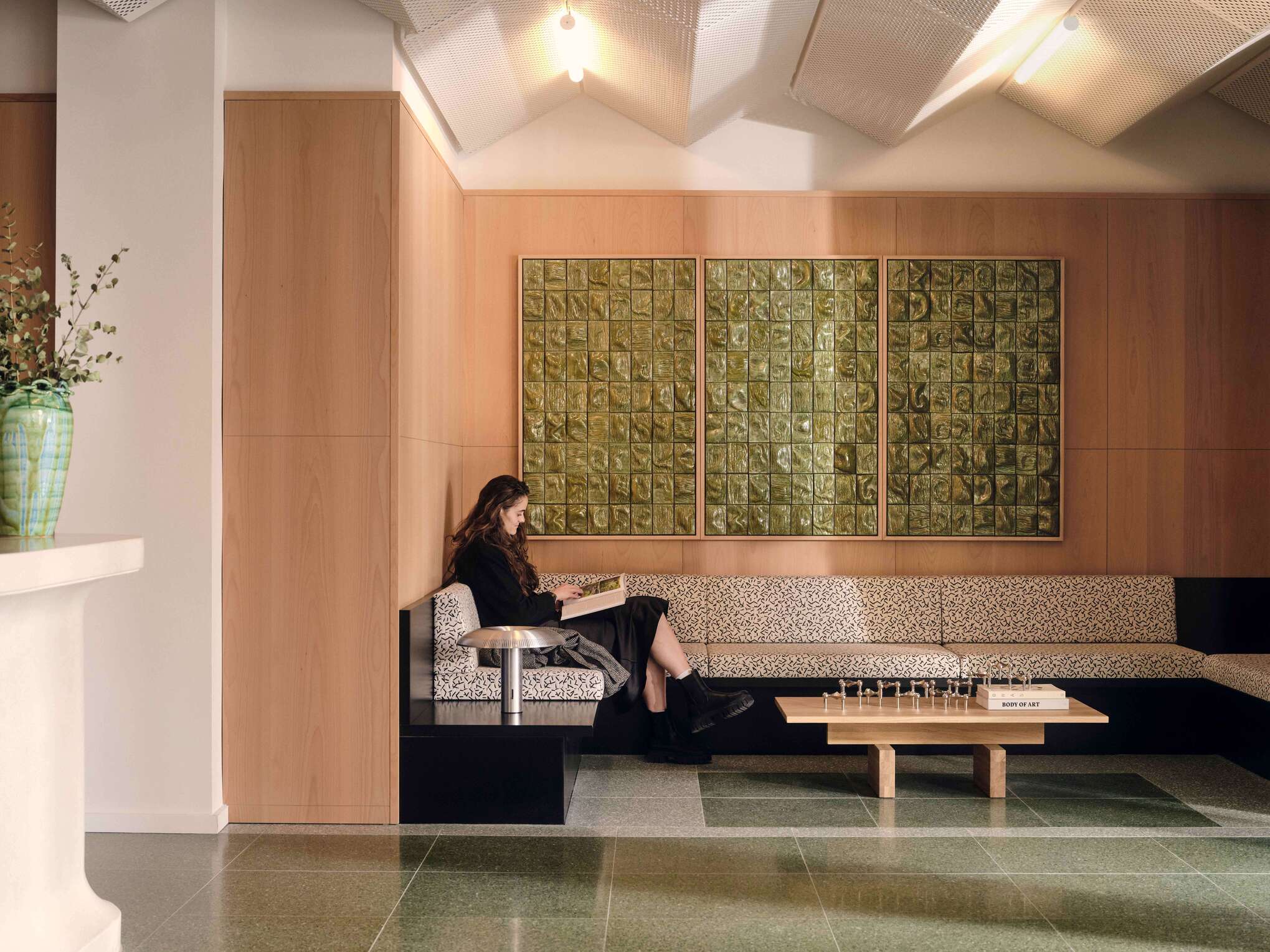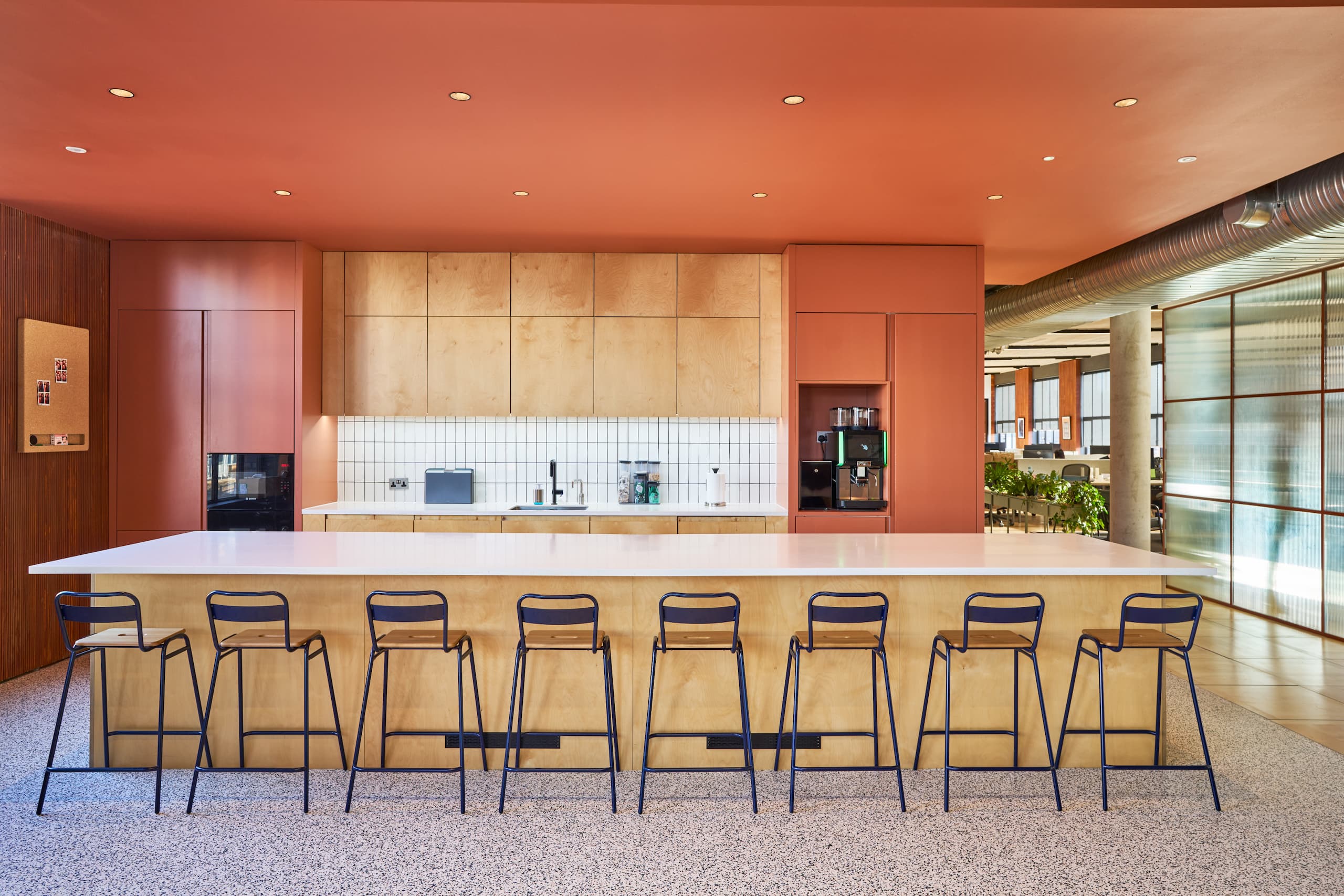Trump’s Tariffs and What They Mean for Commercial Real Estate
On 2 April 2025, Donald Trump unveiled a dramatic new tariff regime that has left economists and global markets reeling. His reveal included a blanket 10% tariff on all imported goods into the United States, with some product categories and countries facing significantly steeper duties.
The move, aimed at reinvigorating domestic manufacturing and rebalancing trade, has already sparked volatility across industries, and while property continues to be a resilient asset class during periods of uncertainty, the commercial real estate sector is not immune. Understanding the tariff impact on real estate is now crucial for UK investors, developers and landlords alike.
Key Tariff Announcements and Their Global Implications
Trump’s proposed tariffs target an extensive range of goods and materials that play a critical role in commercial development and fit out projects. Notably:
- Steel and aluminium will face import duties as high as 60% if sourced from China.
- Machinery and electronic components, widely used in building systems and smart office technology, are also under heavy restrictions.
- The blanket 10% tariff applied to all imported goods, regardless of origin, is raising fears of a global inflationary shock.
While these are US-centric measures, the expected response from affected countries – including retaliatory tariffs, supply chain adjustments, and price surges – will likely reverberate worldwide. UK developers, landlords, and occupiers should be paying close attention. In this context, the tariff impact on real estate extends beyond cost, it also influences design, specification, and even location decisions.
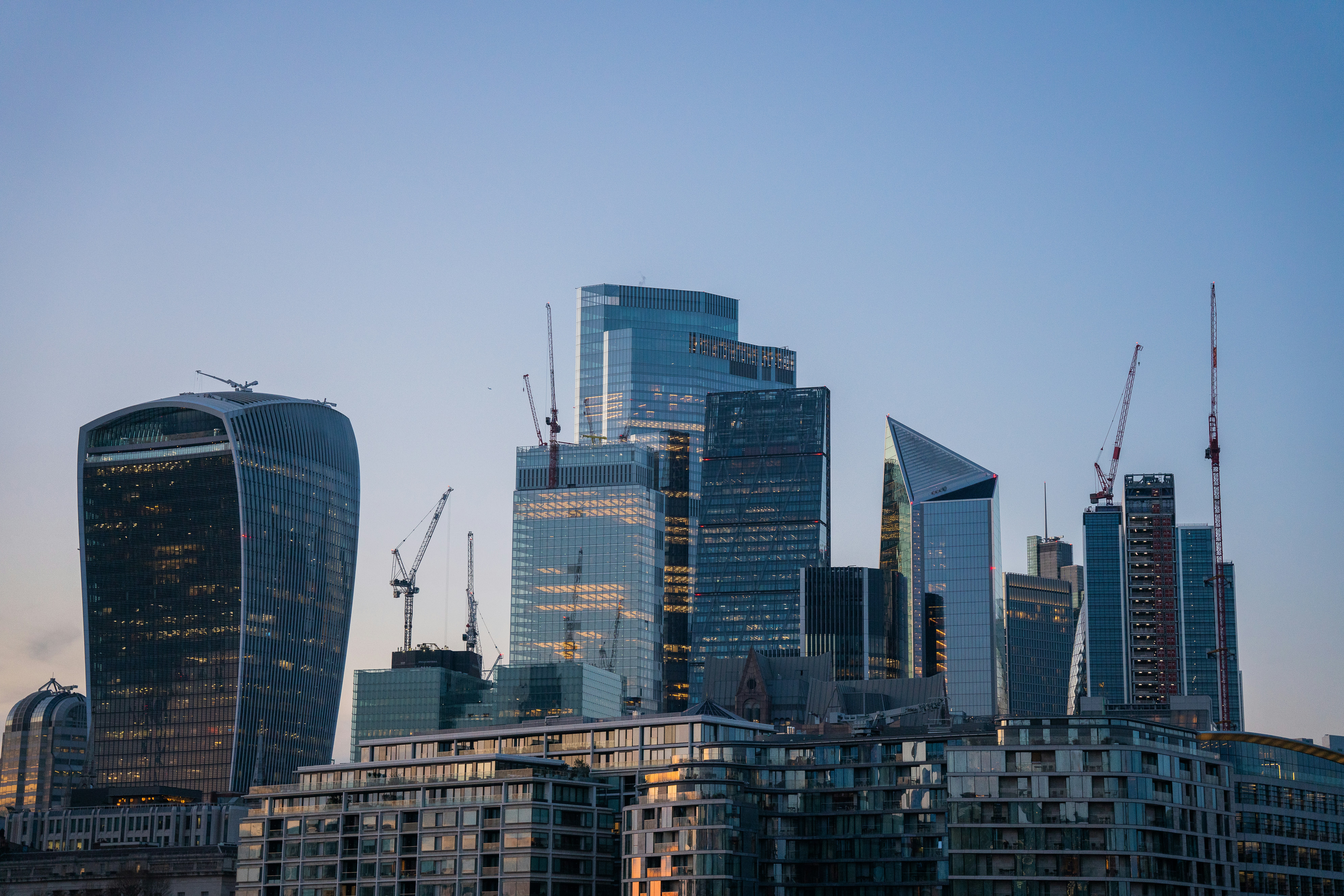
Rising Build Costs and Project Delays
One of the most immediate knock-on effects for UK commercial real estate will be the impact on construction materials. The global supply and demand balance is expected to shift as US buyers scramble for domestic supply, and prices for widely used materials such as steel, aluminium, and glass are expected to rise internationally.
In construction and fit out this may lead to higher capital costs and longer lead times. Import-dependent items like HVAC systems, lighting components, or smart controls could also see disruption, impacting project timelines and feasibility studies. All of this forms part of the wider tariff impact on real estate projects already in planning or under construction.
Investor Caution and Commercial Real Estate Valuations
Markets hate uncertainty, and Trump’s tariff-first approach could make investors more cautious. Commercial real estate valuations are closely tied to macroeconomic sentiment, and a spike in global inflation or interest rate instability could drag on transaction volumes.
While the UK remains a stable market for international capital, especially in core locations like London, this kind of policy shock may lead to a temporary “wait and see” mindset among investors, which could stall some development pipelines or limit the flow of funding into emerging asset classes like life sciences and flexible workspaces.
Supply Chain Resilience as a Strategic Advantage
The most important takeaway from the recent turbulence is that supply chain resilience is a necessity. Developers and asset managers are looking to safeguard margins and maintain programme certainty, and now is the time to re-evaluate procurement strategies.
We’ve already been working with our supply chain to source materials closer to home where possible, reduce reliance on single markets, and front-load procurement on long-lead items. Our approach to design and build is centred around agility and giving clients greater control over cost, quality, and programme in this changing landscape.
As the tariff impact on real estate continues to evolve, resilience and adaptability are becoming defining characteristics of successful commercial strategies. The impact of Trump’s tariffs will be global. For the UK commercial real estate sector, it’s essential to build in flexibility, strengthen supply chains, and stay close to market trends. We’re already helping clients adapt to this evolving landscape, and continue to deliver workspaces that perform, even in uncertain conditions.

